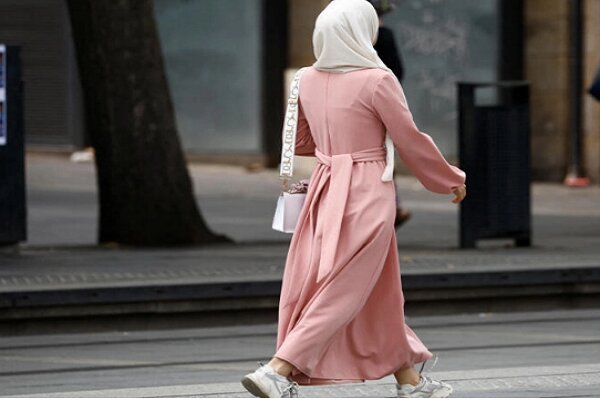
This ban, announced by the country’s newly-appointed Education Minister Gabriel Attal, had faced criticism from Muslims in France for its discriminatory nature. An association advocating for the protection of Muslim rights, Action Droits des Musulmans, had filed an appeal with the Council of State, France’s highest administrative court, urging it to repeal the ban. However, in a recent statement, the Council of State announced its decision to dismiss the appeal.
“After reviewing the appeal filed by the association as a matter of urgency, the judge of the Council of State dismissed the appeal against the ban on wearing the abaya or kameez in public schools, colleges, and lyceums. The judge ruled that the ban on such clothes is not a serious or unlawful infringement of fundamental freedoms,” the court said in a press release, Al Mayadeen reported.
The court claimed that the wearing of the abaya or kameez in schools had increased significantly during the 2022-2023 academic year and described it as a religious statement.
Attal had previously declared that the government intended to enforce the ban on the abaya and kameez at the start of the school year on September 4. According to him, students wearing Muslim clothing would not be permitted to attend classes, and they would receive an explanatory conversation.
French Government Spokesperson Olivier Veran also weighed in on the issue, characterizing the act of wearing the abaya or kameez as a “political attack.” It’s worth noting that religious or political signs are generally prohibited in state schools and government buildings in France, reflecting France’s hardline stance against religious expression.
Islamophobia in France and across the EU has always been a recurring issue. Lately, the matter has been exacerbated, in great part due to the energy crisis and the cost-of-living crisis which many right-wing advocates attribute to migrants as being economic burdens.
In late June, France’s top administrative court ruled against a collective of Muslim female soccer players in their case against the French Football Federation (FFF), imposing a ban on the Islamic headscarf, or Hijab, during games.
The court said in a statement that the Council of State (Conseil d’Etat) ruled that “the ban enacted by the FFF is suitable and proportionate,” adding that the “sports federations, in charge of proper functioning of the public service whose management is entrusted to them, may impose on their players an obligation of outfit neutrality during competitions.”
Moreover, France implemented laws designed to protect its strict form of secularism, known as “laicite”, which President Emmanuel Macron said is under threat from Islamism. Thus, a number of Muslim associations and human rights groups consider that those laws have targeted Muslims, chipped away at democratic protections, and left them vulnerable to abuse.
SKH/PR